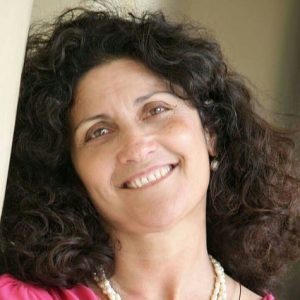Remembrance and Judaism
In January and during the Pesach, on the day chosen by Israel to commemorate the Holocaust and Heroism, we think about the horrors of the Shoah more than ever. The pictures, the memories, the stories of struggles, hunger, cold and oppression condense and resurface inside us vehemently, because all of us, the Jewish people in Israel and in the world, are part of this tragedy. Every new detail shared by the few survivors is printed on our skin, on our bowels, just like those numbers tattooed on their arm. It is now part of our history, of our reality. We carry these marks with us every day until they explode on 27th January and in the month of Nisan, submerging us. And it is precisely in these days that some individuals, far from real life, not to say ignoble or despicable, try to make their way through the minds of unaware people. They record themselves in their car, during a walk, or comfortably sitting on a couch, while they say that the Jews made everything up, that maybe they were only 100 thousand, maybe a bit more, but there was a war and, we know, during a war there are always victims and deaths. And they add that the Jews, yes, still them, are the masters of the world, of the pharmaceutical industry, the supporters, the artificers and the cause of evil, wars and pandemics. I have received many of these nonsense videos. As soon as I hear the first sentence and I understand who and what it is about, I delete them, I trash them, I do not share them online and I do not allow evil to spread, flood and invade everything. I prefer remembering the theatre created in the Warsaw Ghetto, the musical works in the camps, the poems of the children in Terezin, the search for meaning in the life survivor Victor Frenkel. I prefer spreading thoughts of peace and dialogue of those who remained humans, in spite of the dehumanization, delegitimization and blind hatred. Because this is Judaism. This is what they tried to destroy. This is what survived and will survive forever.
Translated by Alice Pugliese and revised by Gianluca Pace, students at the Advanced School for Interpreters and Translators of the University of Trieste and interns at the newspaper office of the Union of the Italian Jewish Communities.

